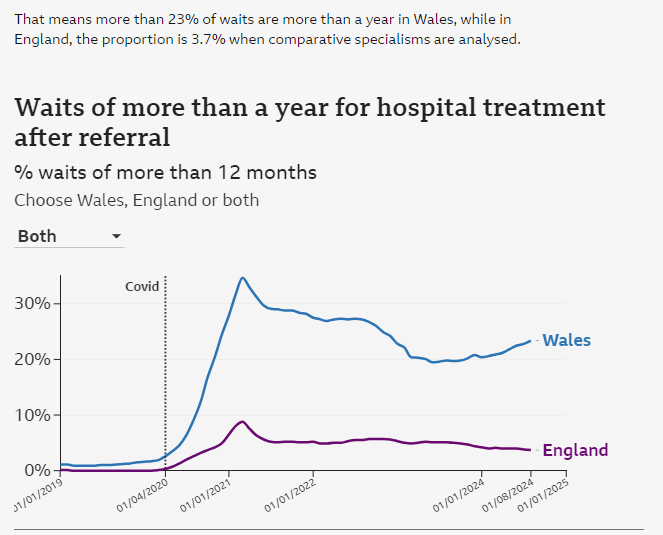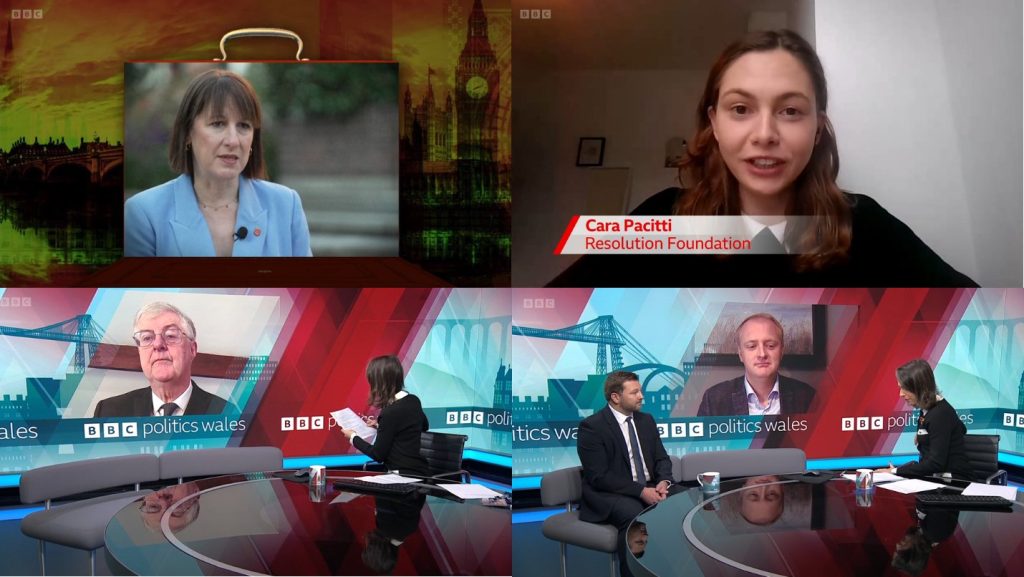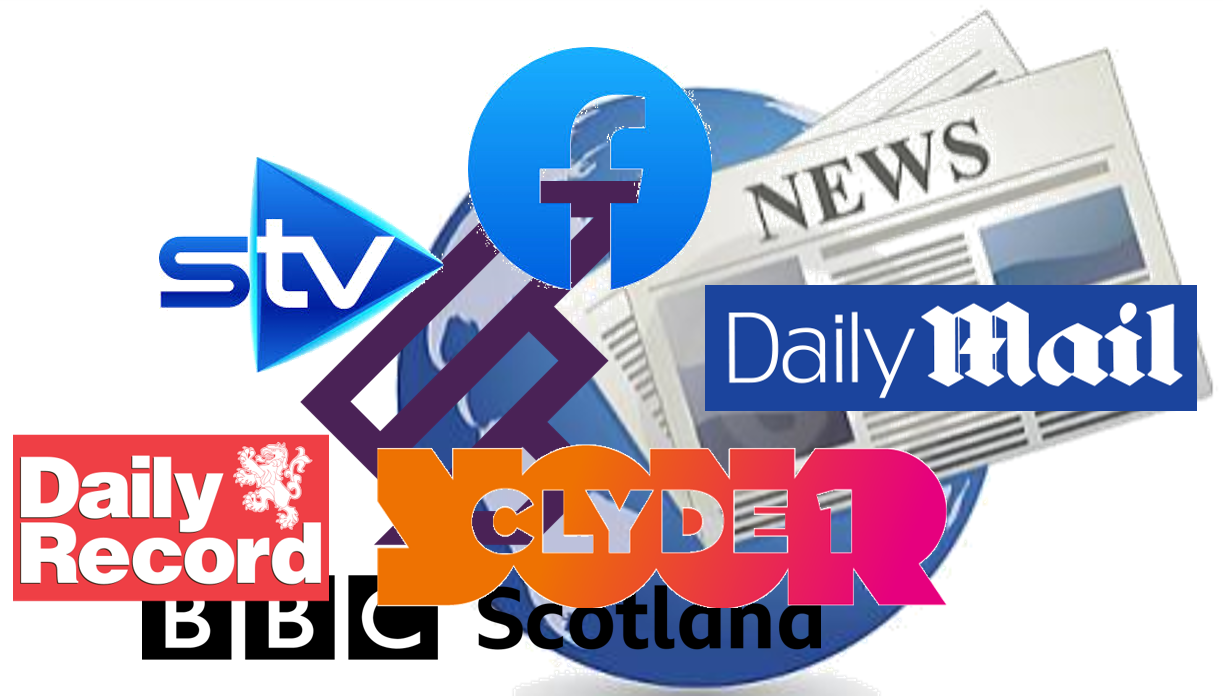Scotland is very interested in Scottish news. But it really doesn’t like using the BBC as the source.
In the UK, Barb is the industry’s standard for understanding what people watch. Each year it issues an annual report on the industry, with lots of detailed information about how, why, and what people watch.
It reveals some interesting differences between Scotland and England.
Level of interest in news about own nation
How interested are people in each of the UK’s nations in news about their nation? Looking at Scotland compared with England there are some obvious differences.

Hugely more people in Scotland are interested in news about Scotland, than people in England about England. 90% in Scotland are quite or very interested, compared with 78% in England.
This could be because in England people feel less of a national identity – but perhaps also because English news is routinely presented as “UK” news in the UK media.
Note that no one in Scotland in this Barb survey admitted to being “not at all interested” in news about Scotland.
Sources used to access news about own nation
So people in Scotland are hugely interested in news about Scotland. Where do they turn for this? The answer, again, contrasts sharply with people in England.

In England the BBC’s main UK-wide TV channel, BBC One, is by far the most popular source of news about England. Which is fair enough – there is no seperate BBC England channel. The main UK-wide channel is England’s de-facto channel.
Scotland has it’s own TV channels – BBC Scotland and BBC Alba. Whilst BBC One is on air all day, every day, BBC Scotland only broadcasts for a small part of each day. BBC Alba is Scotland’s Scottish Gaelic channel – and it broadcasts for an even smaller time.

So given the disparity in scheduling between BBC One and BBC Scotland, you’d expect most in Scotland to turn to BBC One. In fact any BBC channel – whether TV or Radio, falls well down the list of popular sources for news about Scotland. It’s main national radio channel – BBC Radio Scotland – is less popular than Twitter/X for news. BBC Scotland is only slightly more popular.
Why does Scotland hate the BBC?
Whilst Scotland helps to fund the BBC as its national public broadcaster, it’s Government has no control over it. Broadcasting is a power help by Westminster, where the BBC is seen primarily as a “UK” (i.e. English) broadcaster. News and current affairs reflect this – taking a typically Westminster perspective on Scotland.
Contrast this with the reality in Scotland, where at least half of the BBC’s audience would like to see an independent Republic of Scotland establish, and it is clear why the BBC’s UK editorial stance jars with most of the Scottish audience.
In fact the BBC does not passively present a UK perspective, as it does in the other nations. In Scotland it’s editorial position is aggressively based on Westminster’s anti-independence and pro-Union stance. This is obvious if the BBC’s treatment of the same national topics are contrasted between Scotland and Wales.
Routinely the BBC in Wales shows charts like this, contrasting Wales with England. The BBC in Scotland never does this (Scotland is almost always performing better than England).

And the BBC in Scotland does much more than simply attacking Scottish parties like the SNP, and the Scottish Government – it routinely gives Westminster governments an easy ride. When Labour produced its latest budget there was no discussion about the impact this might have on Scotland, or our Government’s budget. Whereas in Wales there was extension interviewing of local Labour politicians about the potential impact on Wales.

There are many, many examples like this. The MSM Monitor account routinely tracks these.
It has got to such a level of distrust between people in Scotland and the BBC that many simply stop watching/listening and don’t renew their licence fees. Many more do this in Scotland than in the other nations.

There’s an obvious solution to this problem: broadcasting powers should be devolved to the Scottish Government. In this way a public national broadcaster can become representative of Scottish society: its news and current affairs will, in turn, become naturally more balanced. But there are other benefits: currently Scottish culture is significantly under-represented on BBC channels broadcast to Scotland. This, too, can be remedied.

Instead of paying for a national broadcaster clearly more interested in England and the other nations, Scotland can establish a broadcaster that focuses primarily on… Scotland.

Leave a Reply